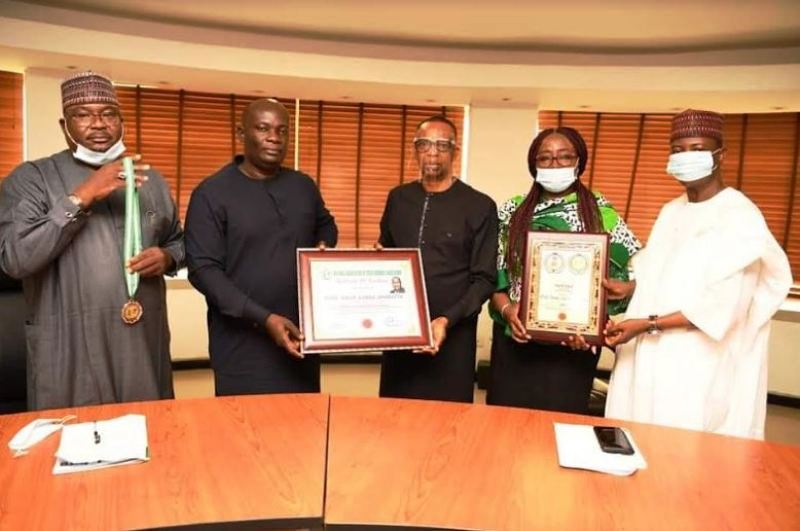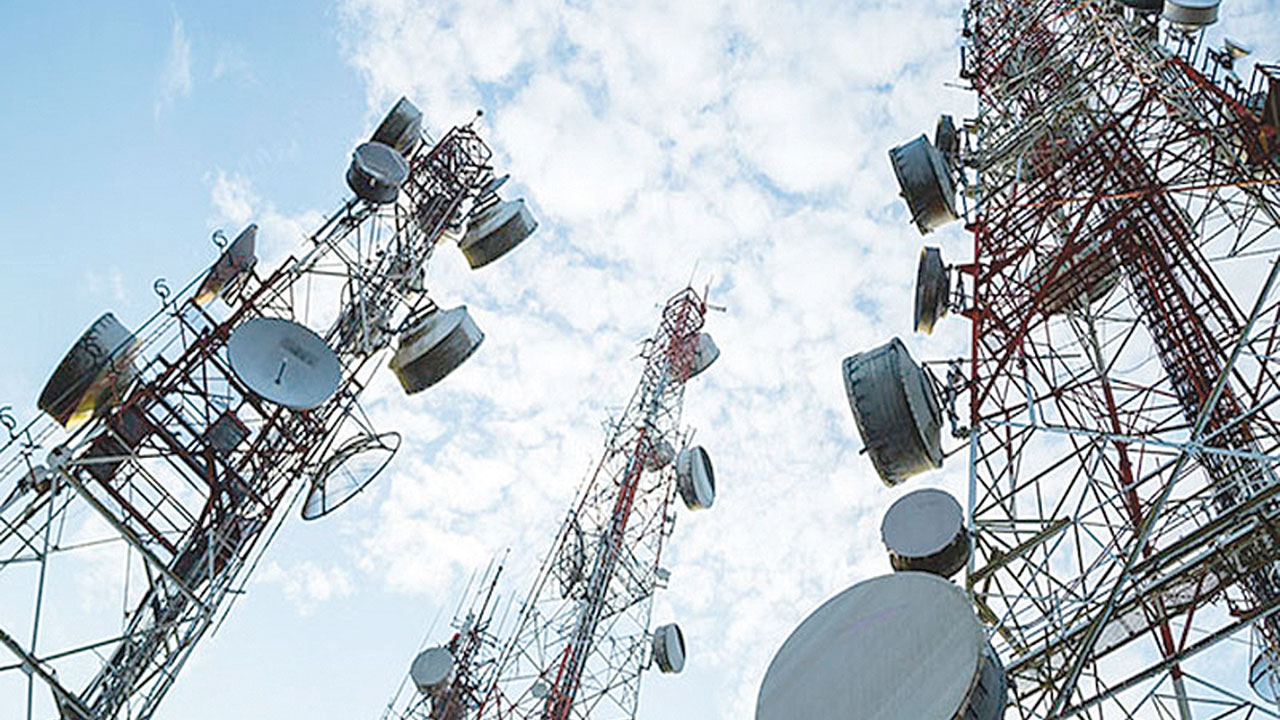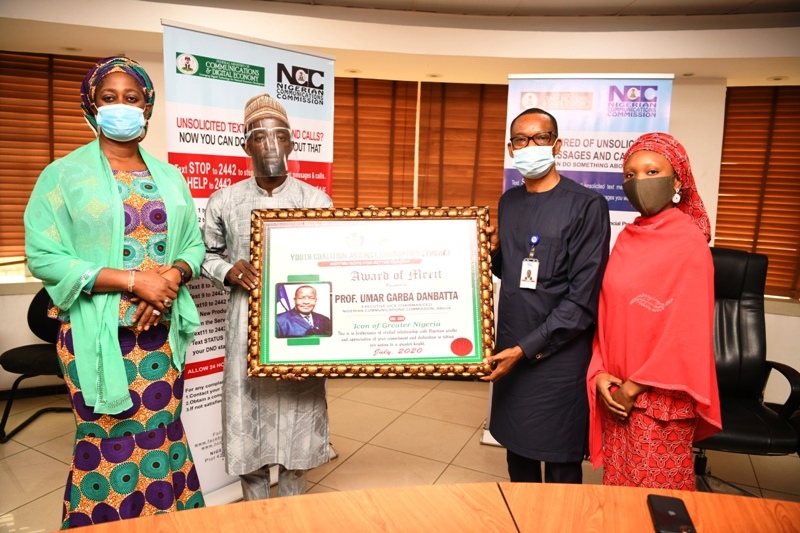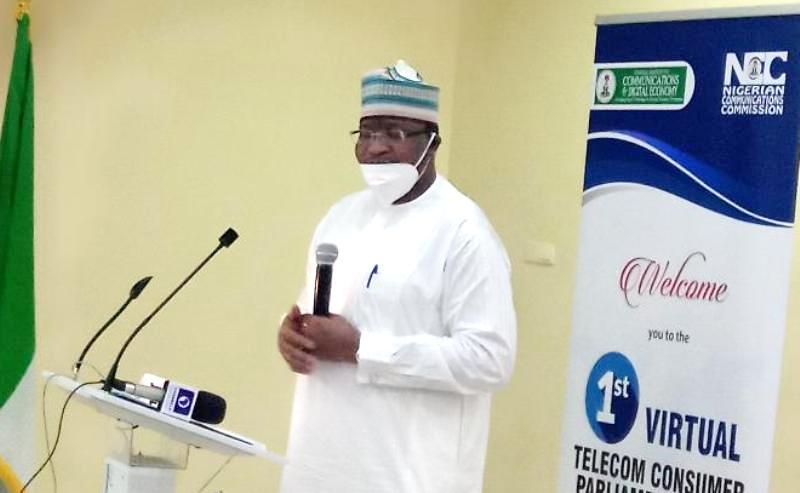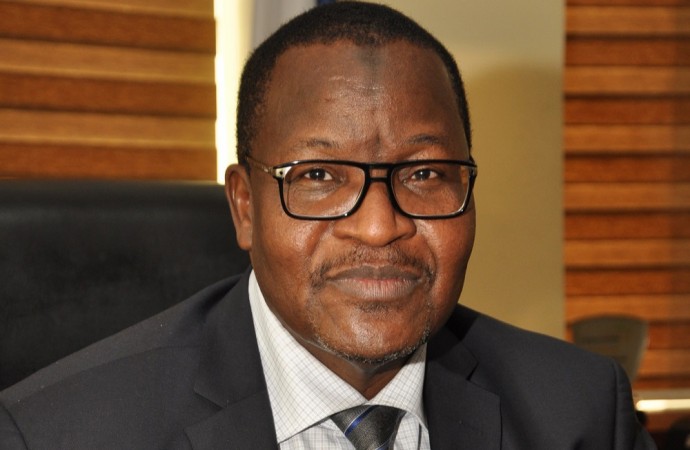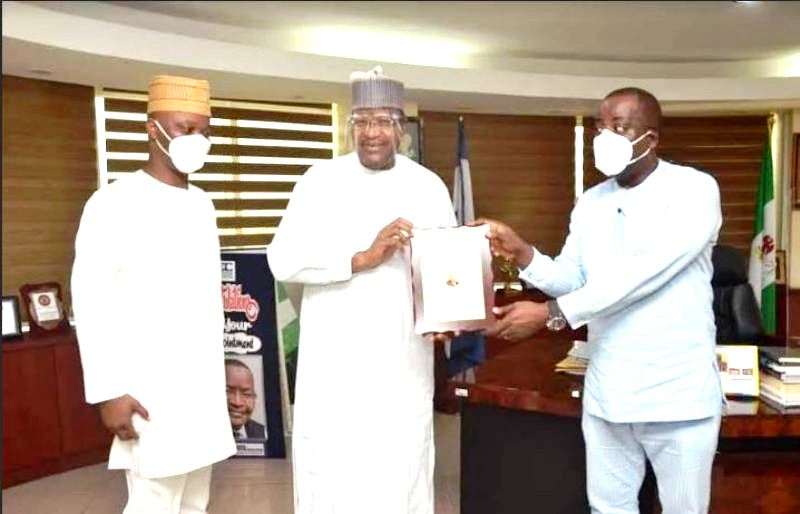The Nigerian Communications Commission (NCC) has embarked on a cost-based study to set the new pricing regime for mobile international termination rate (ITR) for inbound international voice calls in the country.
The ITR is the rate paid to local operators by international operators to terminate calls in Nigeria.
As part of the process for the rate determination, the Commission has organised a virtual stakeholder engagement forum with relevant industry stakeholders to intimate them with the ongoing cost-based study and the need to cooperate with Messrs Payday Advance and Support Services Limited, the consultants engaged to carry out the study.
Addressing the stakeholders in Abuja recently, the Executive Vice Chairman of NCC, Prof. Umar Danbatta, said the study has become imperative following the various implementation constraints arising from contending industry and market dynamics that met previous efforts at finding an optimum price for the termination of international voice services in Nigeria.
Danbatta, who was represented at the forum by the Executive Commissioner, Stakeholder Management, NCC, Adeleke Adewolu, said through the new ITR pricing, the Commission will be able to balance the competing objectives of economic efficiency and allowing operators the latitude to generate reasonable revenue.
The EVC, however, explained that in 2013, the Commission issued a determination stating that mobile termination rate (MTR) rates were the same irrespective of where the call originated, a clause he said was largely misconstrued by operators at that time to mean that ITR should be the same rate as the MTR.
He said this led to operators ignoring the international cost portion, where ITRs were agreed at MTR level without a positive residual to cover the costs of the international leg for local operators.
“As a result of this, the ITRs continued to decline, in line with the MTR glide path and as the ITR was set in Naira, it suffered a further downward slide in dollar terms following the currency devaluation. Ironically, the Nigerian operators paid the international operators in dollars to deliver international calls which created an imbalance of payments as the ITR in Nigeria declined,” he said.
As a result, Danbatta said Nigerian operators’ profitability and commercial results were negatively affected putting Nigeria’s ITR below that of most countries with which it makes and receives the most calls, thereby making Nigerian operators perpetual net payers.
“This has, therefore, led to undue pressure on the nation’s foreign reserves, which continue to get depleted by associated net transfers to foreign operators on account of this lop-sidedness, hence the need for Nigeria, with volatile currencies, to regulate the ITR to prevent or mitigate the imbalance of payments with international operators,” the EVC said.
According to Danbatta, where ITR is not properly regulated, it tends to have a negative effect on a market like Nigeria with major supply-side challenges and associated socio-economic implications.
“So, setting a rate substantially above the MTR has resulted in a number of repercussions. One of such is the consumer shift to online channels as calls are increasingly made through Internet Protocol (IP)-based technologies such as Skype and WhatsApp because of high international call prices. To this end, an economically-efficient ITR that is cost-based will maximise economic benefits to all stakeholders,” Danbatta told the stakeholders.
Earlier in her remarks, Director, Policy, Competition & Economic Analysis, Yetunde Akinloye, said the forum is aimed at formally engaging with and sharing the perspectives and insights of industry stakeholders and ultimately enlisting their collective support in relation to the inputs and requirements towards the determination of a mutually- realistic ITR in Nigeria.
She noted that the project commenced on March 10, 2020 with a kick-off meeting but was stalled by the challenges associated with the COVID-19 pandemic, necessitating the need to explore emerging channels of engagement to move forward and ensure the completion of the project.
Akinloye reiterated the Commission’s commitment to continuously provide a conducive environment and level-playing field for the effective interplay of factors that would sustain market development and growth, while ensuring the provision of qualitative and efficient telecommunications regulatory services for the benefit of consumers and licensees.

